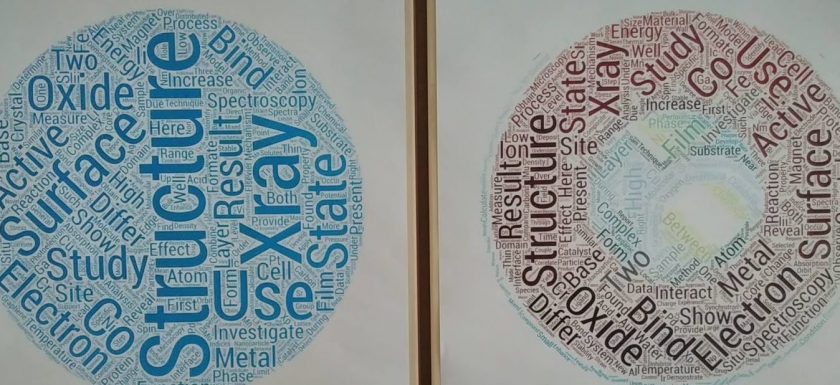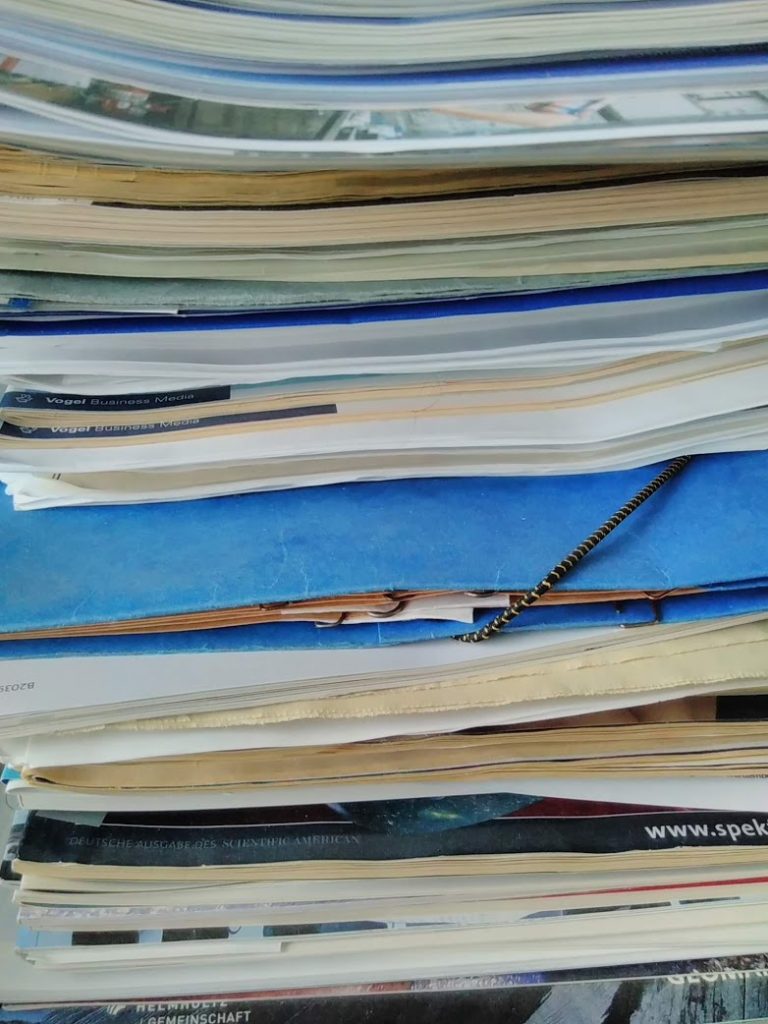
Adopting the reader’s perspective might help to set your proposal into a broader context and suggest relevant potential impact
Some weeks ago, EU expert Seán McCarthy gave a workshop at HZB entitled “How to Write a Competitive Proposal for Horizon 2020”. The lecture hall was packed with scientists waiting for instructions and McCarthy delivered plenty. “The secret is understanding the evaluation process”, McCarthy pointed out. In other words: Put yourself into the shoes of the evaluators who will read your proposal and make the decisions.
Peer reviewers want facts at a glance, details by further reading

Scientific experts who may not be native English speakers will read your proposal from head to tail and evaluate its scientific quality. Keep in mind that those experts may have to read up to 10 different proposals – often in addition to their normal workload. They need to understand immediately what your project is about.
Make it easy for them to quickly evaluate your proposal by inserting diagrams that illustrate the concept supported by tables and graphs. Those evaluators want to see numbers and facts at a glance. Reading through a lengthy text without visible structure is tedious and can be fatal to your proposal in a competitive environment. So make the reader your friend. Break up the visual monotony of long paragraphs by inserting quotations in italics to attract attention. Limit sentences to one idea and its consequences. Limit paragraphs to one process. And last but not least: Use plain and simple English, and have it checked by a native speaker for spelling errors, grammatical errors, contradictions in the content, logical flow, missing supporting arguments, and extraneous material.
Bear in mind that a proposal is only as good as its weakest link. As McCarthy puts it: “Consider what evaluators will need to fill out their evaluation form. You can then write those sections for them and insert the sections into your proposal form.”
Review by administrators: “no details please – just the big picture”
Experts in the EU administration will evaluate the impact of your proposal according to how well it fits the priorities of the specific EU programme. These readers as well might not be native speakers nor have a science background, and certainly no time or interest in understanding your research in detail. They will not invest extra time in order to find out more about your topic elsewhere if background and context information is lacking. They might read only the summary and the section where the impact is outlined.
No “Blabla” – instead good arguments
These sections, sometimes called “blabla-sections” are actually crucial to your proposals success. They should not be “blabla”, but show your research in the greater frame of the challenges and goals of European societies. Are you aware of current trends and debates in society and industry? What are the goals of the specific EU Programme? How could your project contribute clean and affordable energy in Europe and the world? Could your results contribute in slowing climate change? Might your idea push Europe’s industry forward?
Get help for parts of the story
Truly, it is no easy task to explain to reviewers with a background in law or economy in a few sentences how your project will make an impact to either science, economy, and society. You will need good arguments with figures and facts, which you might find during discussions with people from different backgrounds. For example, the impact section of a proposal might get much more convincing if written by partners who will be responsible to “generate” the impact, e.g. from SMEs or companies if technology transfer is relevant; science writers can help to avoid unnecessary jargon and sometimes even with ideas for context to sell your impact properly. Or technical translators might help who have seen a lot of proposals.
Those persons outside from your field might ask you questions, which you – as the specialist – might deem to be too evident to bother mentioning – but sometimes the answers to such trivial questions are surprisingly interesting.
Boring stories do not get funded
“You must tell a convincing story, boring stories will not get funded”, Sean McCarthy concludes. “You need to sell your idea”. But “selling” does not imply exaggerating or promising crazy things. Just pointing out – soberly – the possible impact using well-founded and really convincing arguments in plain and proper English. This sounds simple, but is not.
Summary and more information:
HZB scientists can get advice and support from Dr. Martin Hoffmann, who follows EU research policy closely and reads all related documents. For a screening of your proposal, please contact him in advance to have time for substantial improvements.
After the workshop, Martin collected the participants’ feedback, what they found useful, and provided them with a summary and 5 useful key questions.
- Understand how reviewers look at proposals
- Understand what the evaluation rules and criteria are
- Plan a project proposal top-down with enough time for all steps
- “Sell” a proposal idea and present it to colleagues, evaluators, and policy administrators by using sequences of feature->benefit->concrete example (“proposal clinic”)
- Understand the different funding schemes and which are relevant to you in Horizon 2020
- Understand how to carefully select the keywords that influence the selection of the reviewers
- Understand the importance of changing your perspective from that of a Principal Investigator to that of a reviewer
5 key questions:
- Why bother = what problem are you trying to solve or what new knowledge are you generating?
- Is it a European priority = or could it instead be solved at the national level?
- Is the knowledge/solution already available (literature search of patents and state-of-the-art/product, service, transfer)?
- Why now = Why was this not done before / What would happen if we did not do this now?
- Why you = Are you the best people to do this work? Your answers should be framed features->benefits->concrete example
Links for further reading / watching tutorials: www.hyperion.ie
If you are employed at HZB, please feel free to check HZB-internal resources on proposal writing, too.
